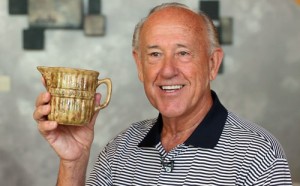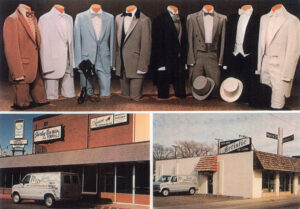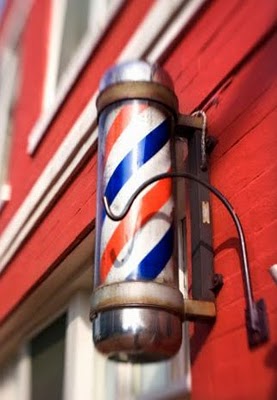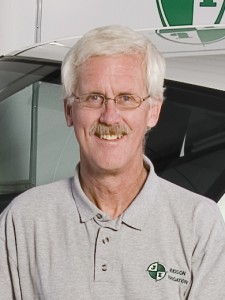Radio’s biggest challenge is to overcome advertiser’s failure to comprehend it. In survey after survey, radio is named as the medium most profoundly misunderstood by advertising clients.
The late Maurie Webster* had this to say in a 1977 interview with Inside Radio.
“Advertisers do not understand how to use radio. That, I think, is radio’s fault. The survey done by the National Federation of Advertising Agencies looked at the agencies and asked them the question ‘Which medium do you believe your clients understand the best?’ Over all else, the newspapers came out the best at 56%. Second place was TV at 20%. Third was magazines at 12%. Fourth place with only 3% of the votes was radio. Now, I take that as kind of an indictment about what we have done by selling radio too often for promotions, for stunts, for events, for special purposes. As a result, a lot of advertisers may look at radio as a medium for stunts and promotions-and that’s it.”
This interview was more than 35 years ago but from conversations with broadcasters today, we learn that it seems very little has changed.
To most advertisers, radio is a mysterious, unknowable and immeasurable medium, making it an uncomfortable business investment. No wonder radio must struggle to become the medium of choice.
Making it “comfortable” for your clients to say “Let’s get started!”
Take the mystery out of radio for your current and potential long-term clients with the Marketing Bridge Club (MBC) mini-seminars. Each of these four mini-seminars can be conducted in less than an hour. They are a gift to your business community that will keep on giving.
The benefits are many:
- Your advertisers will gain a clear understanding of marketing, advertising and the effective use of radio to reach their personal and business goals.
- Your sales reps can focus on the execution of the advertiser’s radio campaign rather than fighting cancellation. Your competition will be left in the dust.
- Your station can accomplish in four short mini-seminars what most sales reps are never given a chance to do…the education of a client about the power and effective use of radio advertising.
- Your advertisers won’t feel compelled to test radio. They will accept the responsibility and accountability for their own success. They know their success is an inside job.
- You and your advertiser will speak the same marketing and advertising language. It’s a language your competition won’t understand.
- …and many more.
“For the first time I really feel I understand marketing and advertising.”
The late John Sperry, owner of Sperry TV in Lincoln, Nebraska, built an electronics repair business, garnering 70 to 80% of the market primarily through radio advertising. Similar repair shops in other communities consider 10% market share as their goal. Electronic repair shops from all over America came to Lincoln to learn from Sperry TV. After viewing sixteen video programs from The Warner Concept series, John said,“I have attended half-day, all-day, three-day, and week-long seminars on marketing and advertising all over the country. For the first time I really feel I understand marketing and advertising.”
Your advertisers will see The Sperry Story in the Third MBC mini-seminar.
Simple Implementation
The presentation of the four MBC mini-seminars is easy. The video programs are available online or via DVD. The Invitation packet will provide a four-page folder customized with your station group and call letters, stationery and envelopes along with suggested written print materials for a personal sales call on invitees. All you have to do is arrange for a private room in a local restaurant with a good TV monitor and sound system to show the videos. Then, push the right buttons.
It’s Magic!
The first and very important sale is creating the sales rep’s belief in the power of radio advertising. This sale is the easiest to make because sales reps want to believe in what they are selling. This is accomplished in the RAP Webucation course.
The most profitable sale is creating the advertiser’s belief in the power of radio, when used properly, because … belief equals budget. This sale is accomplished through the eighteen videos presented in four Marketing Bridge Club mini-seminars.
When you connect advertisers who have attended all four of the Marketing Bridge Club mini-seminars with credibility from a Radio Advertising Professional sales rep…there is magic…and increased budgets for your stations.

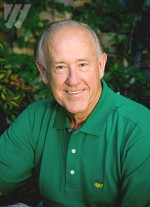
 The goal of the Radio Advertising Professional webucation is to attract and keep all or a major share of every locally controlled budget in your market. These budgets make up the base budgets that are on the air on the first of every month.
The goal of the Radio Advertising Professional webucation is to attract and keep all or a major share of every locally controlled budget in your market. These budgets make up the base budgets that are on the air on the first of every month.